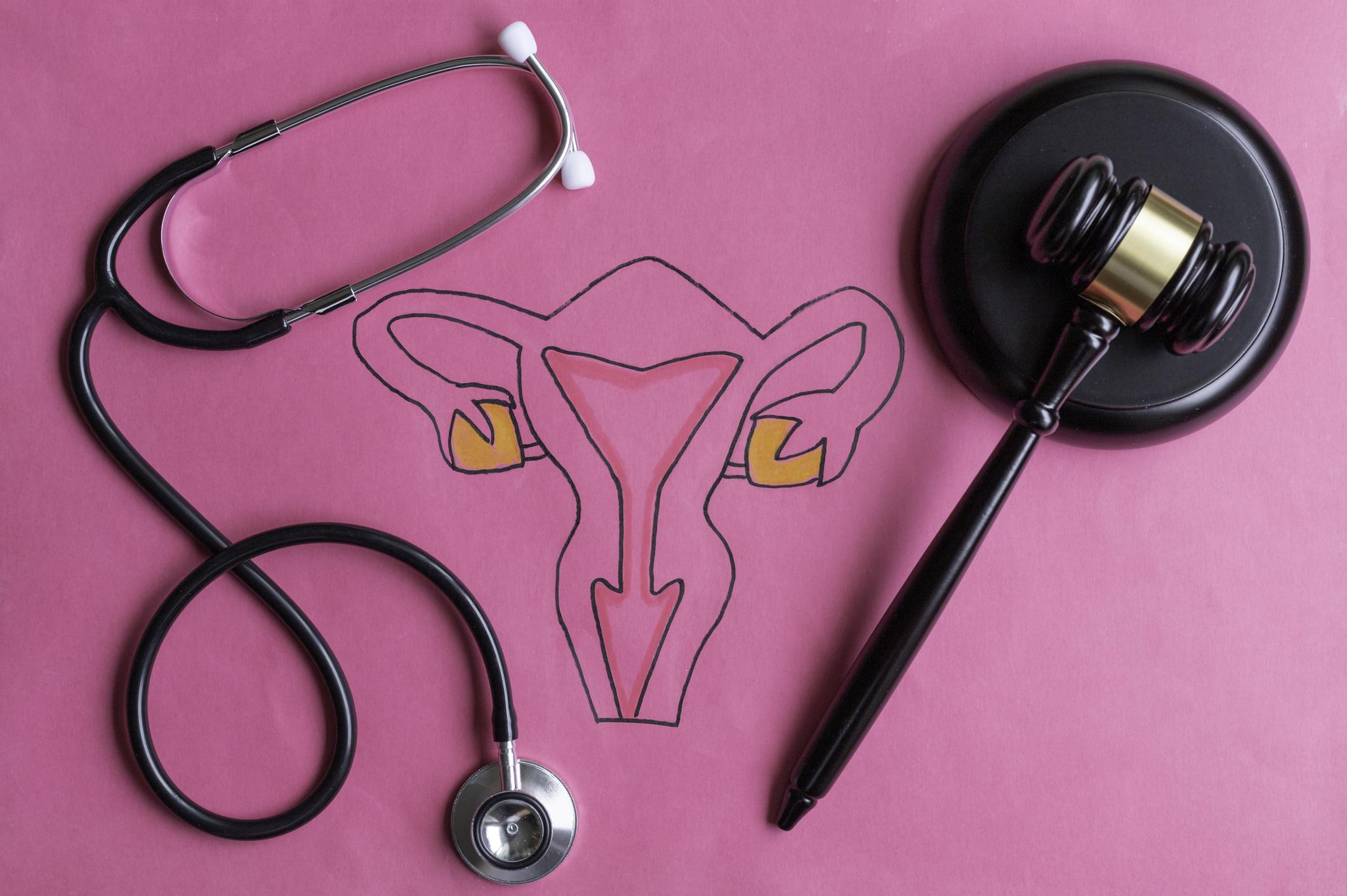The Academy of Medicine and the National Council of the Order of Physicians oppose the bill to improve access to voluntary termination of pregnancy passed at first reading in the National Assembly on October 8.

- A bill to improve access to voluntary termination of pregnancy displeases the Academy of Medicine and the National Council of the Order of Physicians.
- The Academy of Medicine opposes the extension of the period for recourse to abortion from 12 to 14 weeks, and the National Council of the Order of Physicians refuses the abolition of the conscience clause specific to abortion.
A few days after the adoption at first reading of the bill aimed at improving the conditions of access to voluntary termination of pregnancy Thursday, October 8, the National Council of the Order of Physicians and the Academy of Medicine raise their voices.
For these two medical institutions – one legal entity whose purpose is to advise the government on public health, the other professional -, the extension of the legal deadline for recourse to voluntary termination of pregnancy (IVG) from 14 to 16 weeks as well as the abolition of the double conscience clause in terms of abortion provided for in this bill, would be bad measures.
Counterproductive measures according to these medical authorities
With regard to the extension of the legal period for recourse to abortion, the Academy of Medicine ensures, in a press release published on October 10that “by extending this period to sixteen weeks of amenorrhea (absence of menstruation) – i.e. fourteen weeks of gestation – we increase the use of surgical maneuvers which can be dangerous for women and of greater dilation of the cervix, which is likely to cause long-term complications, such as premature labor.” For the members of the Academy of Medicine, this measure would even be counterproductive since it “does not respond to any legitimate request from women who, on the contrary, hope for faster care, with the risk of increasing the delay of their procedure.“
With regard to the abolition of the conscience clause specific to abortion for doctors -the right they had to refuse to perform an abortion-, the National Council of the Order of Physicians ensures, in a press release also published on October 10that this measure “will not guarantee unhindered access to abortion“and that on the contrary it is necessary”ensure, at any point in the territory, the provision for women of material and professional means of quality care.”
Another article of the bill proposes “to extend the competence of midwives in matters of abortion by also allowing them to perform them surgically.“A proposal to increase the number of practitioners who can perform a late abortion which does not please the Academy of Medicine at all. It “recommends against the transfer of skills to midwives for the practice of voluntary termination of surgical pregnancies whatever the term and given their current lack of surgical qualification.“
Willingness to “normalize” abortion
Yet some of these proposals are requested by Family Planning – a feminist association that campaigns for access to abortion in particular. This organization has observed the closure of 130 centers in 15 years and a restriction of access to abortion. The association attributes some of these difficulties to the conscience clause put forward by certain anti-abortion doctors. However, it is difficult to measure this phenomenon. In the fall of 2018, the former Minister of Health, Agnès Buzyn, requested an inventory of access to abortion, which has still not been made public. However, if the MP Albane Gaillot, co-rapporteur of the bill, calls for the deletion of the conscience clause specific to abortion, it does not wish to repeal the one found in the Public Health Code. “We don’t take anything away from anyonesays Albane Gaillot, co-rapporteur of the proposal. Any doctor will be entitled to refuse treatment, including that of abortion. The removal of this specific clause will thus make it possible to change mentalities and strengthen voluntary access to termination of pregnancy.”
Unable to recruit mass gynecologists agreeing to perform abortions or build centers, particularly in rural departments, the signatories of this bill – therefore from parliamentarians and not from the government – intend to “normalize” abortion. “Abortion is a care given to women, so it is no longer justified for the law to give it a special place, as if the legislator wanted sometimes to make women feel guilty, sometimes to discourage health professionals who contribute to it.“, assures the co-rapporteur.
Regarding the extension of the time limit for recourse to abortion, Albane Gaillolt assures that “there is no abortion postponed for pleasure, nor overrunning the deadline without a problematic situation.” She justifies this request for an extension to 14 weeks for social reasons. She affirms that it is the most fragile who struggle to resort to abortion in the allotted time, such as the youngest, precarious, less well informed, those furthest from the healthcare system or those who are victims of domestic violence. According to Le Parisienthis 14-week period is currently in force in particular in Germany, Spain, Belgium, Romania and Luxembourg.
.
















